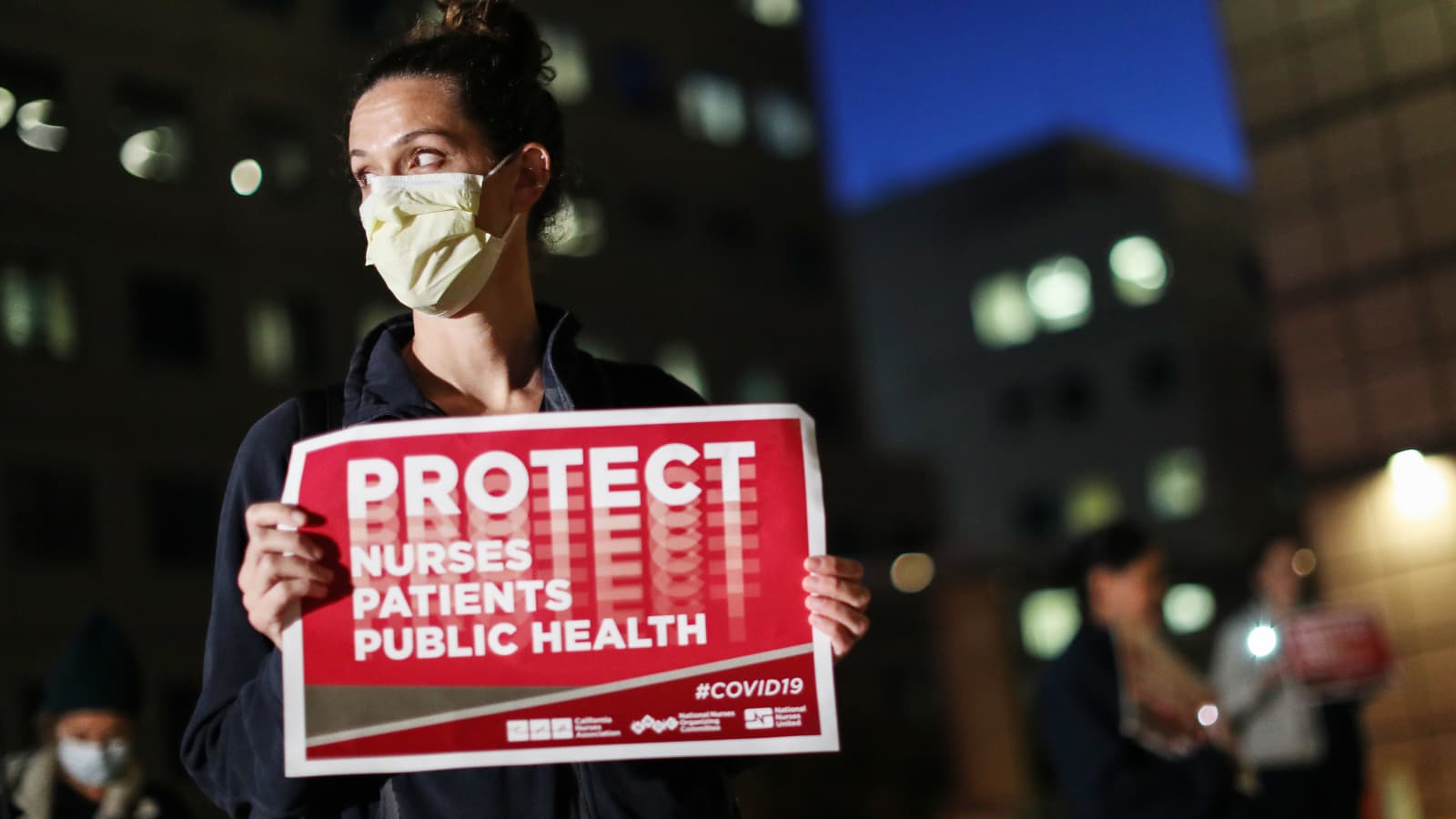Vidya Sethuraman
India Post News Service
The COVID-19 pandemic has vividly highlighted how much society depends upon essential workers. Essential workers are heroes of the pandemic but many pay a high cost, putting themselves and their families at risk to do the work that keeps LA County functioning. But essential work extends beyond health care, in food processing, construction, packing warehouses, and cleaning and sanitizing businesses to name a few. Dec 14 EMS briefing spotlights the programs the county provides to support them.
Michael Nobleza, FUSE Executive Advisor for the Office of Immigrant Affairs (OIA).
discussed on the Immigrant essential workers, upcoming Essential Worker Summit hosted by OIA, including the essential worker support initiatives that OIA is planning for the coming year. Immigrants have always been a vital part of the social and economic fabric of this country. They have always taken on an oversized share of the frontline work of caring for our sick, our young, and our elderly. So it may not be surprising that immigrant communities are disproportionately impacted by the COVID-19 pandemic.
L.A. County has more than 3.6 million immigrants, a third of the population, according to a recent report from the University of Southern California. Immigrants are critical to the success of the country’s economy. They are more likely to be entrepreneurs and make up 40 – 60 % of the essential workforce. Immigrants not only make up a large proportion of L.A. County’s workforce, but they are also disproportionately represented among essential workers, including in food services, nursing, construction, and childcare. Alongside poor housing conditions, immigrants are also more likely to live in higher density buildings and neighborhoods, which makes the respect of social distancing more difficult. Undocumented workers are ineligible for most state and federal aid programs, and the federal CARES Act disqualifies entire households for assistance if just one person is undocumented, cutting out 1.125 million Angeleno citizens or green card holders, Nobleza said.
OIA aims to increase immigrants’ access to public services and engage the community around issues such as wage theft, worker safety, childcare, and workforce development. OIA has also been holding weekly news conferences in English and Spanish for ethnic and community media to share information about COVID-19 and available resources. In early February of 2021, as part of its new LA Immigrant Essential Workers Initiative, OIA will host a two-day summit “focused on day laborers, domestic workers and DACA recipients entering the workforce” to propose legislation reforms and connect essential workers to “wraparound” services.
Rose Basmadzhyan, Chief of the Wage Enforcement Program & Investigation
Division at the Department of Consumer & Business Affairs (DCBA) said they provide services to employers and employees to ensure there is no theft of wages. “We have reached 2,000 businesses in the county and created contracts with nonprofits to ensure that workers of different ethnic groups, subject to wage theft, have available resources.” The county’s tools include fines ranging from $ 200 to $ 2,000 per day and have the authority to intervene in settlements. “We have already solved the wage theft for 1,500 workers; and more than $ 3 million in money has been recovered. ”
Monica Nguyen, director of the GAIN program at the Department of Public Social Services (DPSS), said that due to the pandemic there is much more unemployment than normal in Los Angeles County, and they provide a safety net for those who have lost their jobs. To find out the eligibility criteria, you can call the customer service phone: 866-613-3777; or 877-292-4246.
During the COVID-19 pandemic, we have seen an increase in the number of workers working for less than the minimum wage. They don’t report this fearing they might lose their earnings. “Can’t blame them. That is why we have come together to promote a coalition for a safety net for legislators to provide assistance to undocumented employees, especially when they face retaliation, ”said Yvonne Medrano, attorney for Bet Tzedek Legal Services.







